Report 10 March
By Steef
The sun shines exuberantly when we prepare for departure. Dirk files the hole where the pedal of the first gear goes through a bit bigger because the metal rubs along the wood.
From a building on the camp, a thick smoke suddenly appears. It turns out that the water of the campsite is heated with wood that probably comes from the beach. I walk to the beach where the slow waves of the low tide turn the beach into a mirror.
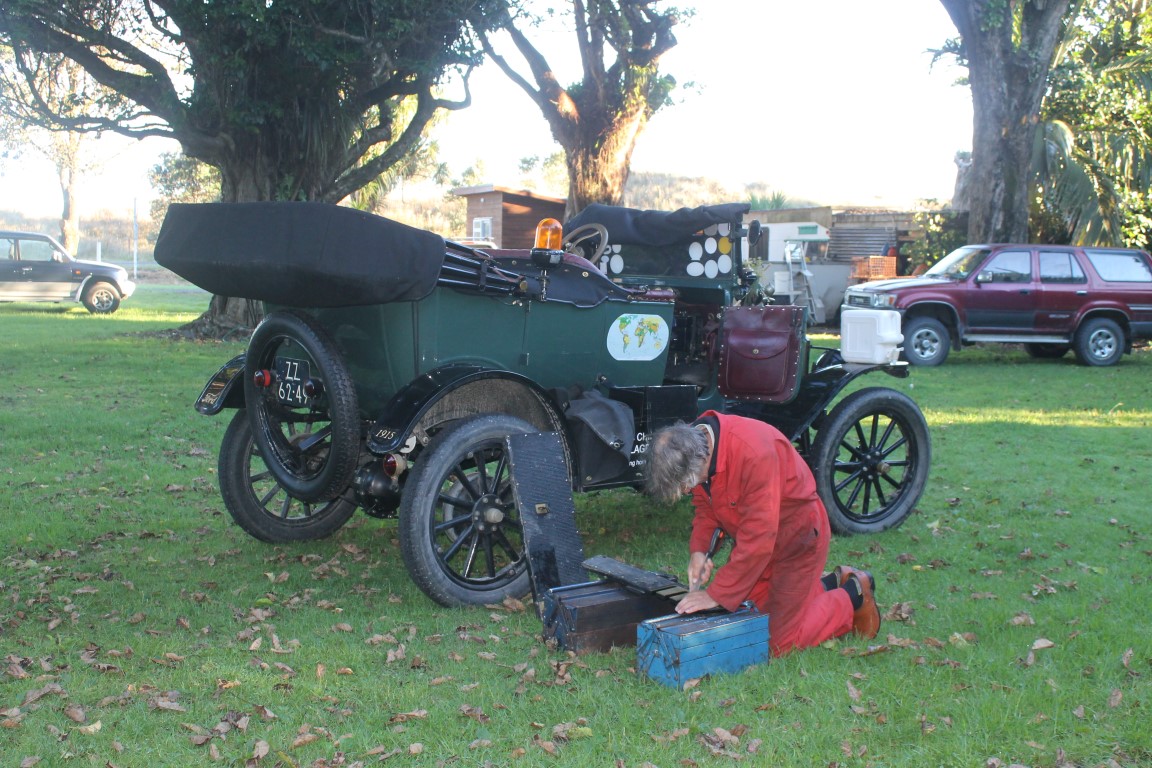
adjusting the floor board
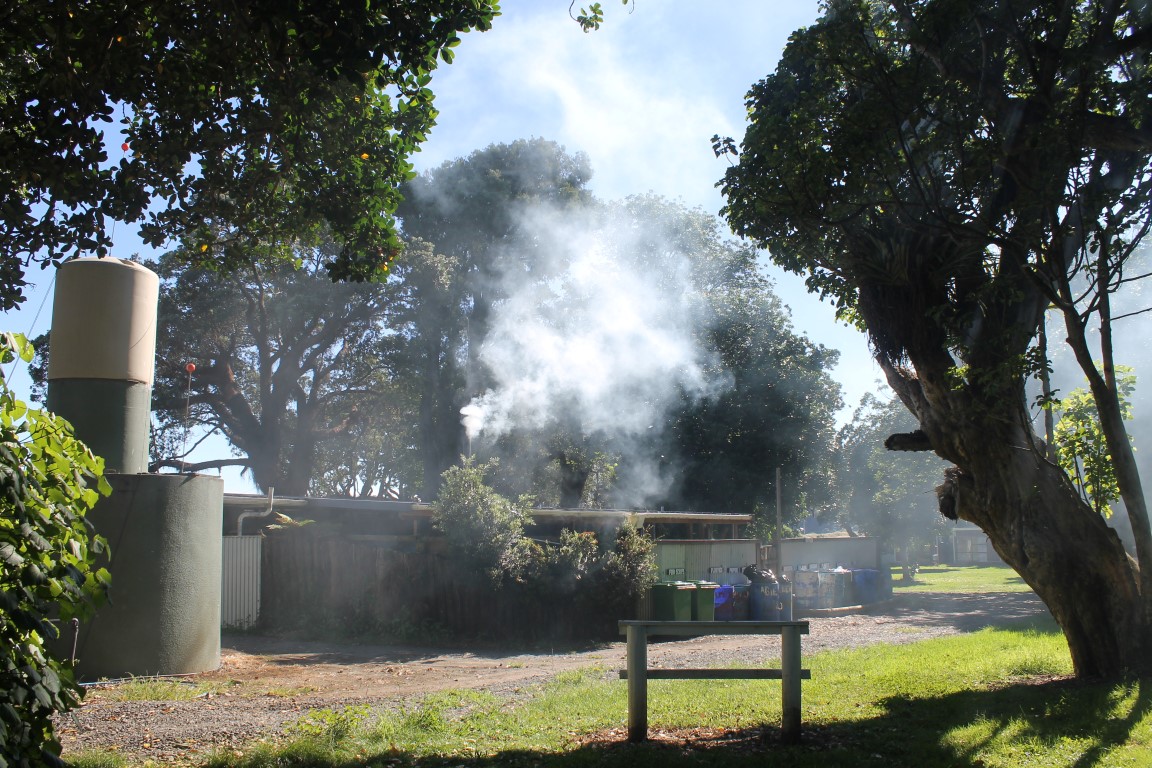
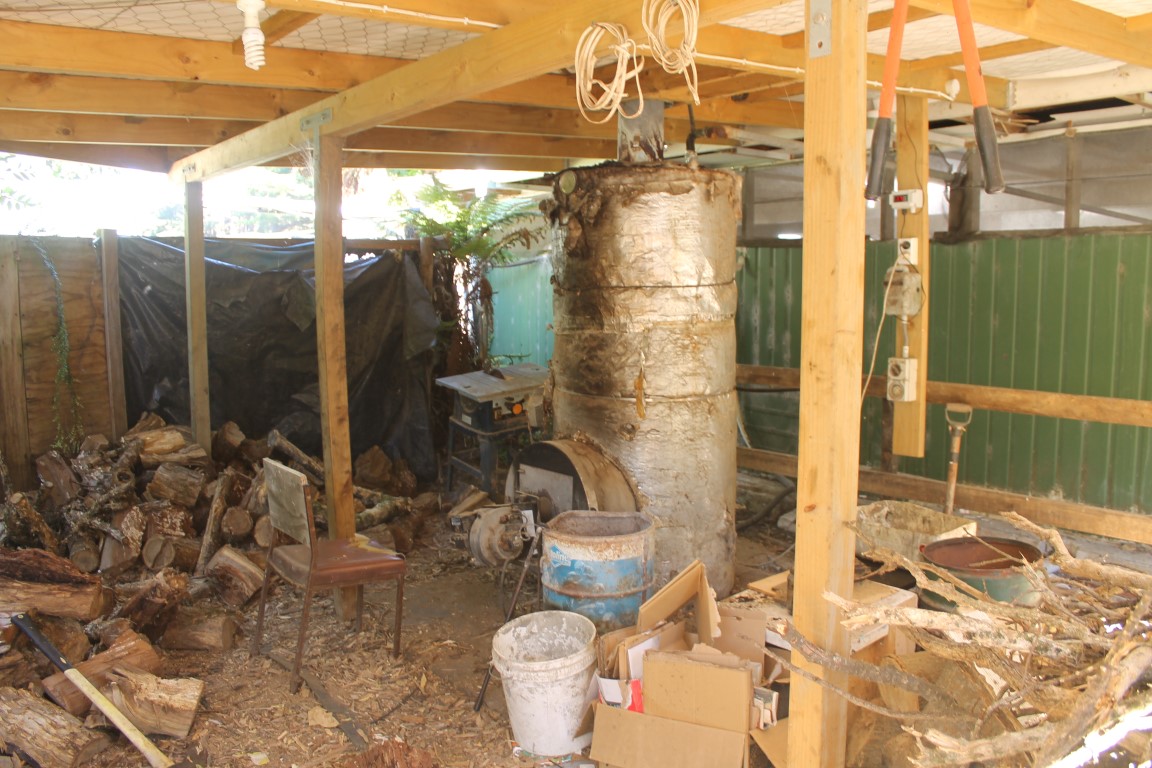
the stove
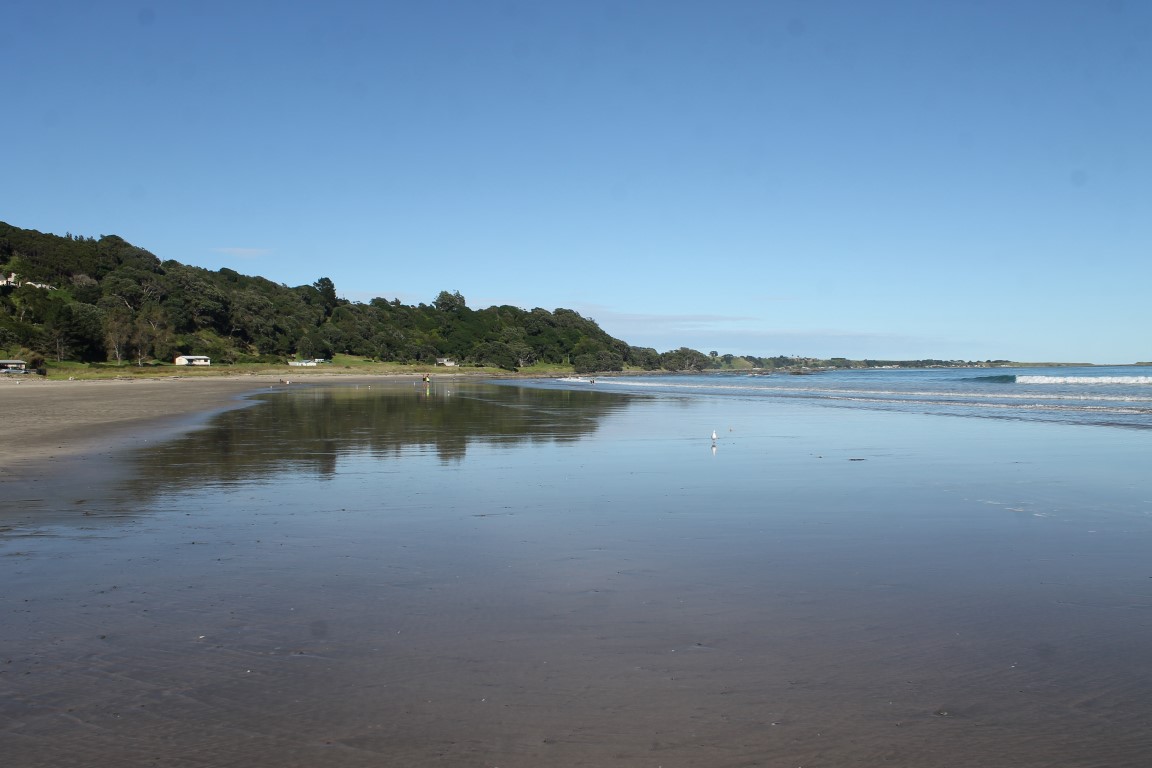
mirror
Of all the natural beauty, the trees are the most impressive. The flourishing timber trade is responsible for well-maintained plots with high healthy pine trees. More disastrous it is with the deciduous trees and the shrubs. Everywhere there are broken branches and fallen trees. Some tribes are half broken down with still a brave tuft of green. It is one big battlefield. All that wood comes in due time after heavy rains in the countless rivers and eventually ends up in the sea. The trees that survive are overwhelming in their size.
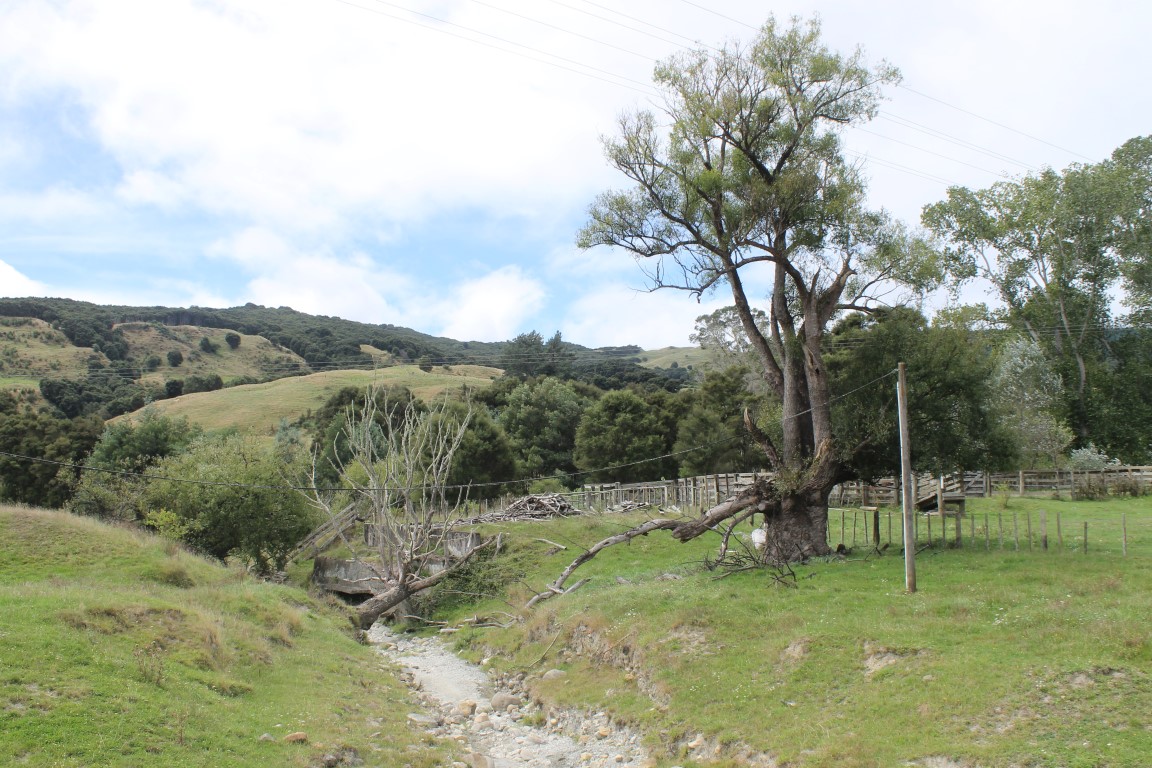
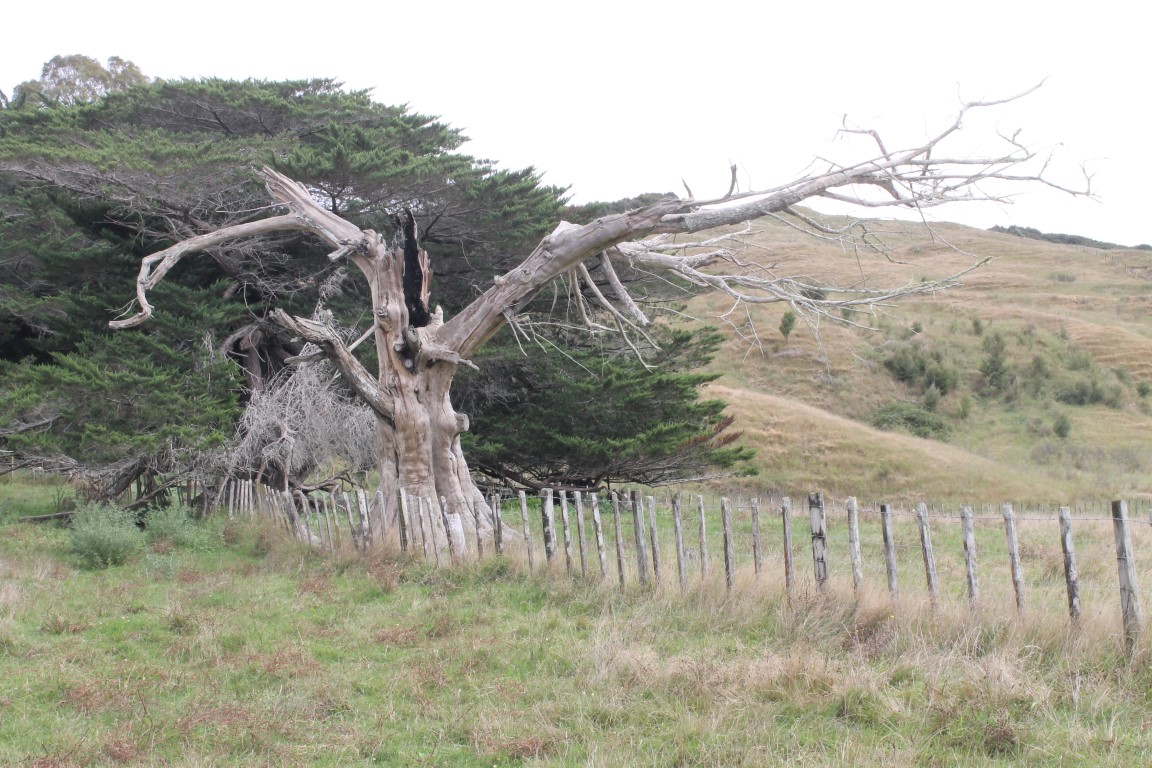
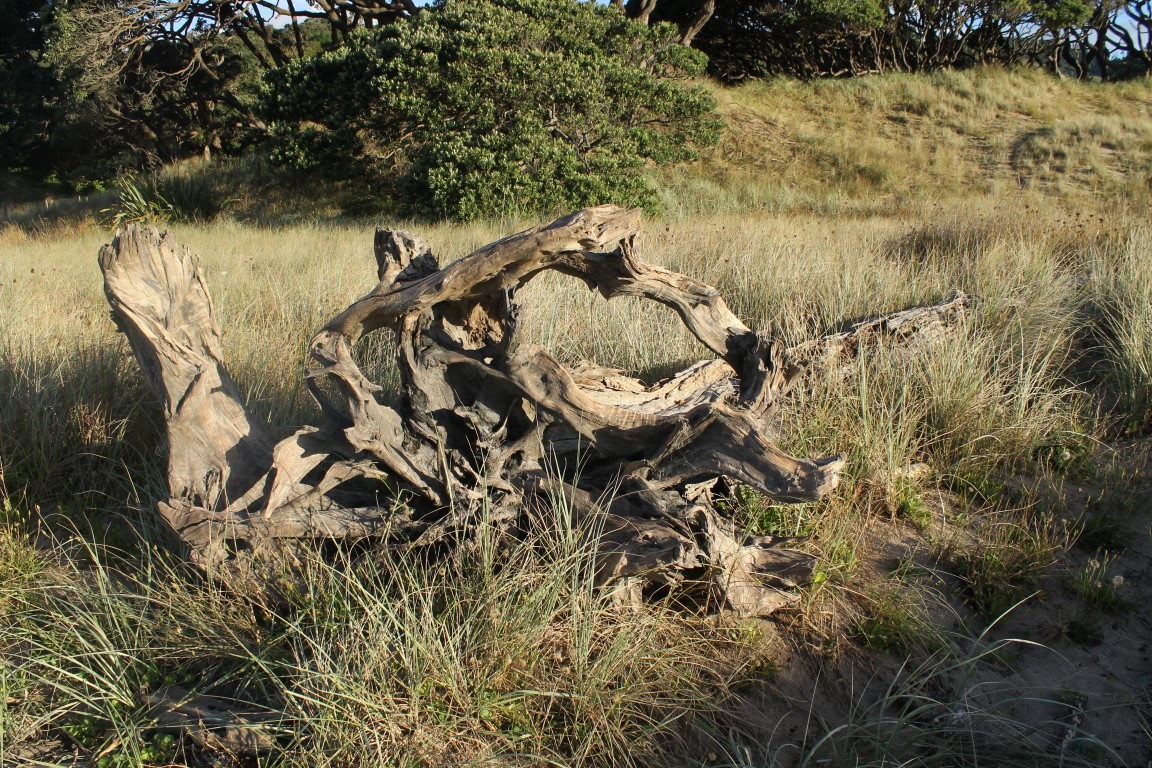
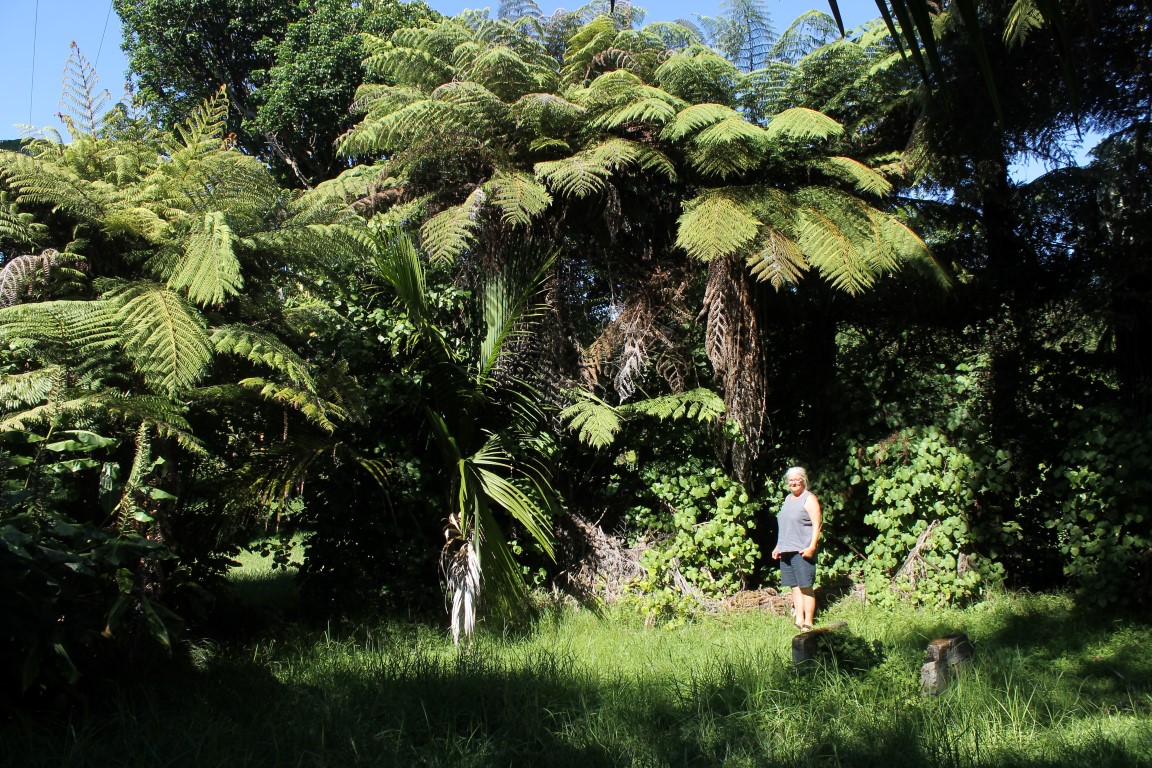
fern trees
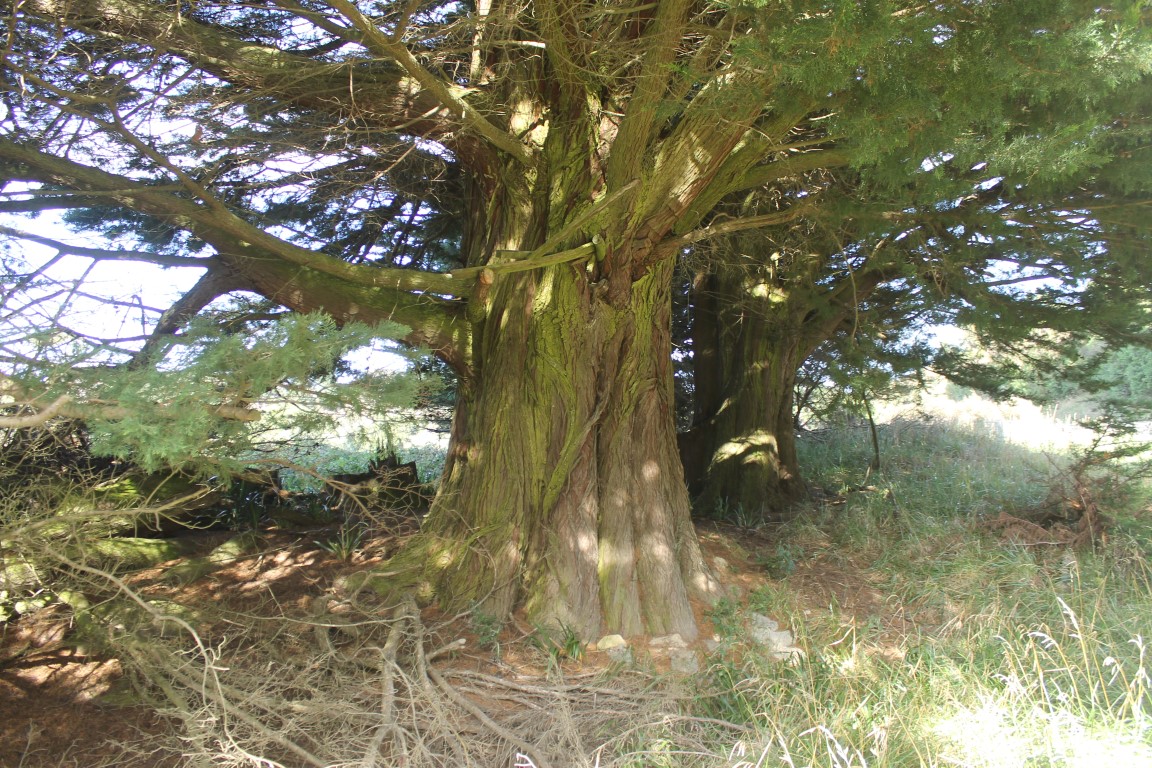
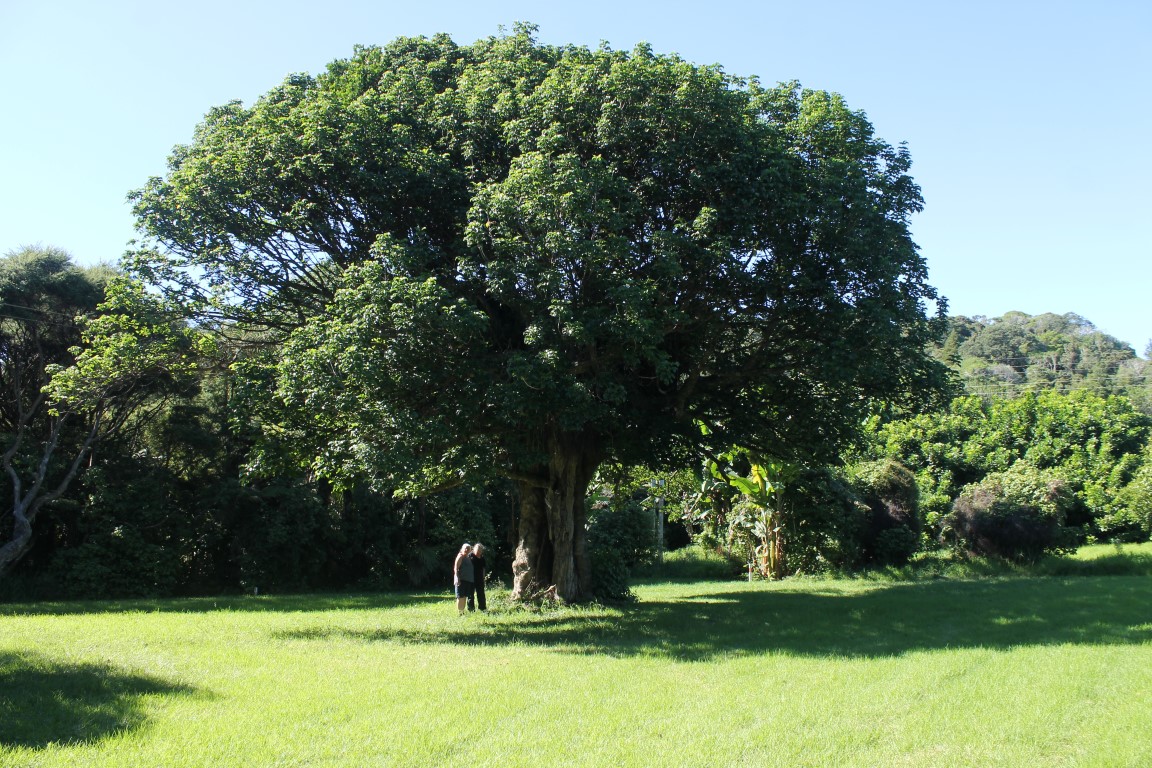
giant tree
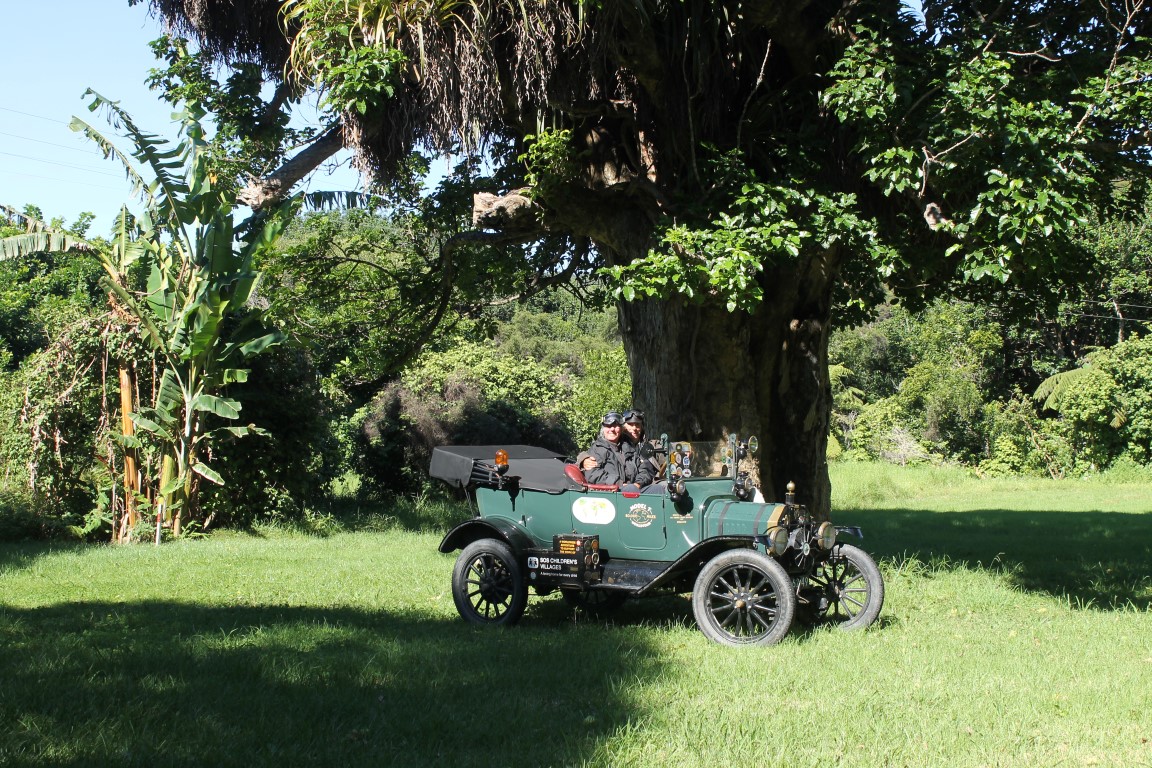
the Model T
We have not seen many birds. After being hunted by the Maoris, there came opossums on the islands from Australia. There are now about 3 million. They have no natural enemies and empty the nests of the birds. Their only enemy is traffic. We see them lying everywhere, crushed by car tires.
We have coffee and lunch at the most beautiful places. Then we go inland again towards Lake Roturoa.
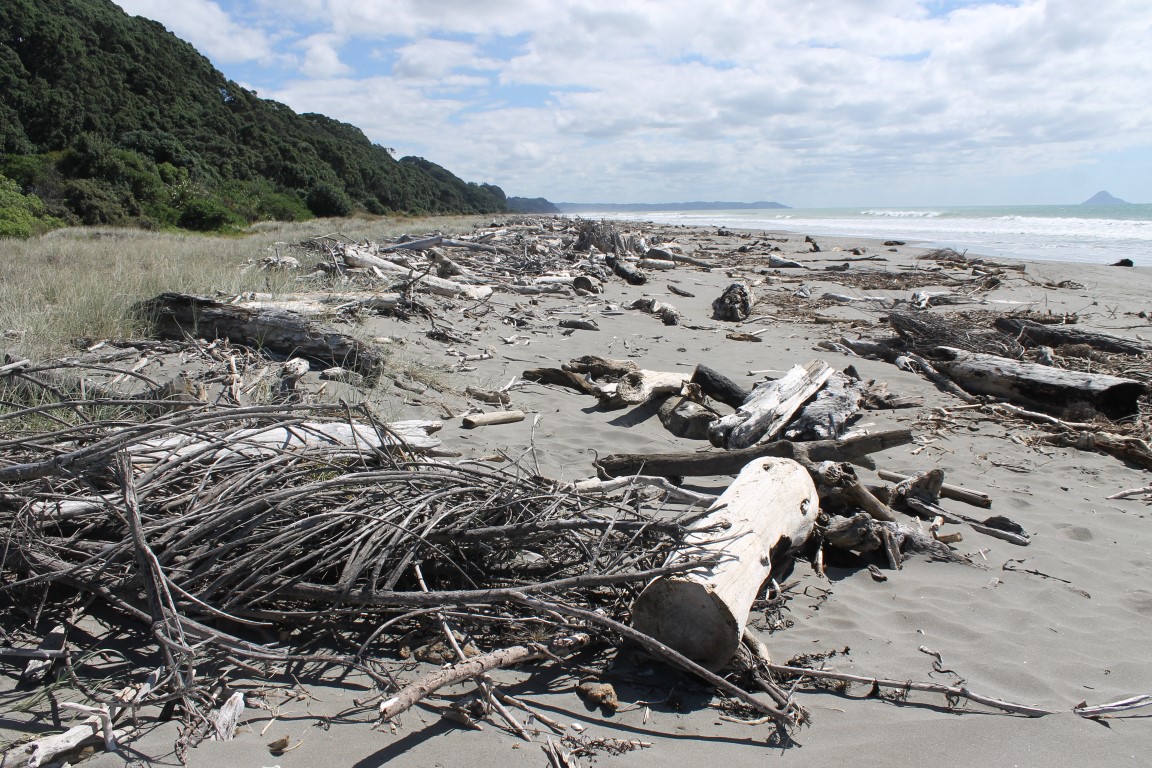
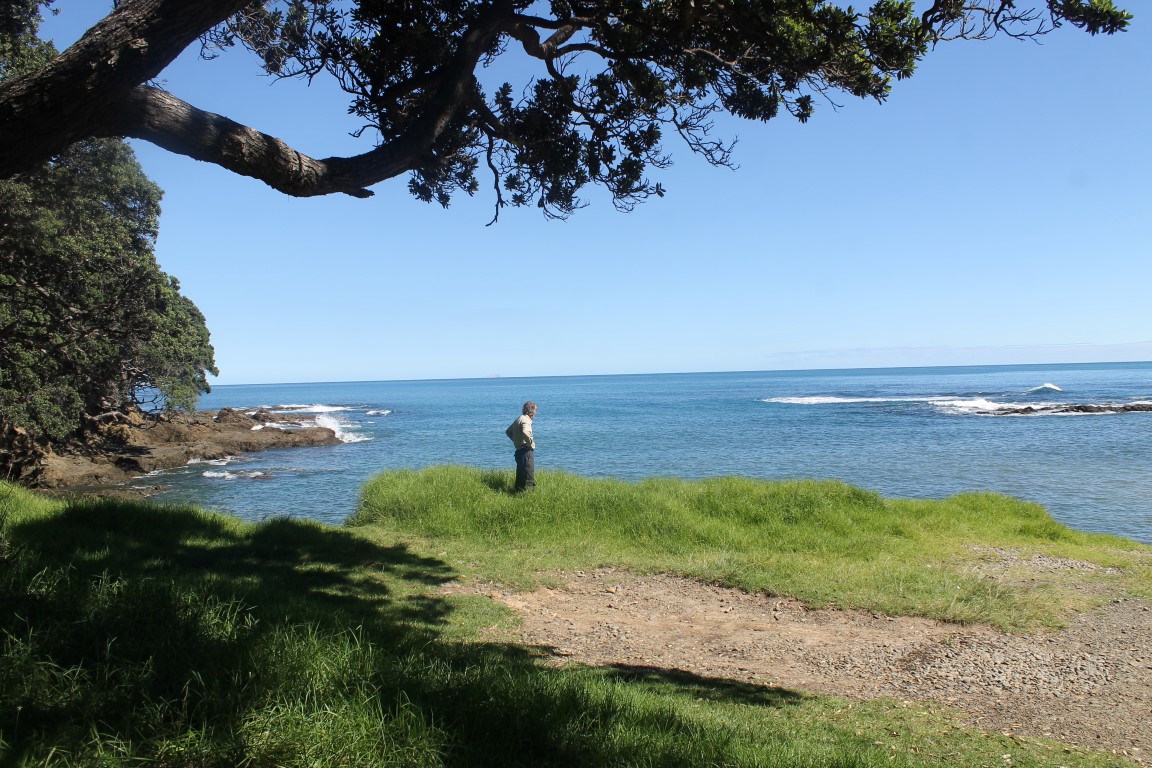
amazing coast
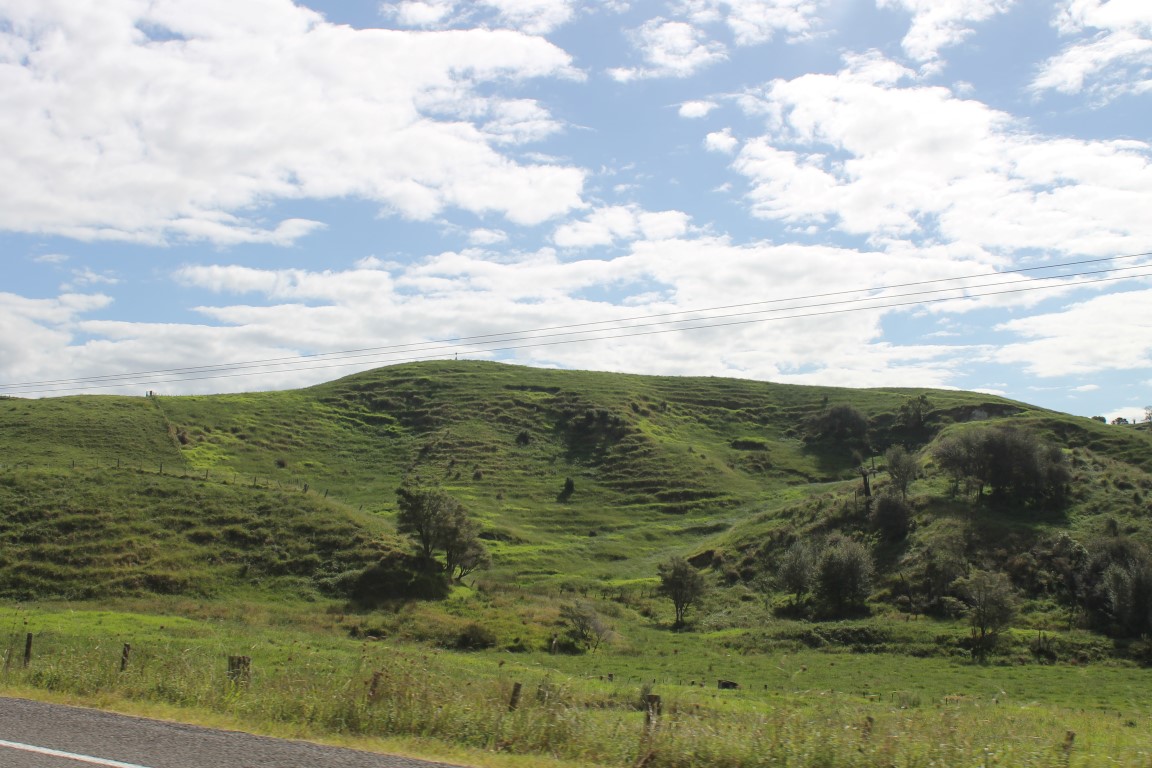
into the country
On the way we see a typical Maori building. We stop and enter the empty grounds, there is no one. We take some pictures and Dirk and Trudy are on the road again. Then a door opens and we are invited to come in. A nice Maori shows the building and pours a cup of tea. We talk about the culture but quickly get back on track not to fall too far behind.
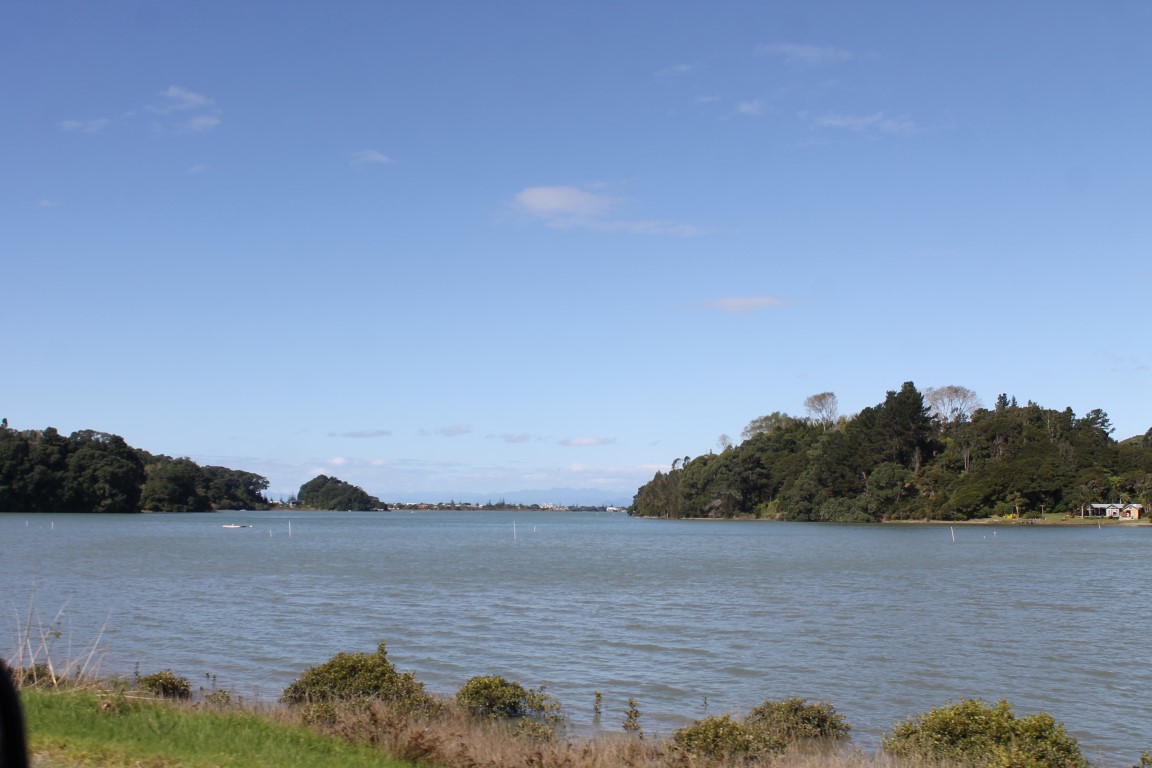
Lake Roturoa








This evening we reach All Seasons Holiday Park, where we store our camp between concrete dynos.

